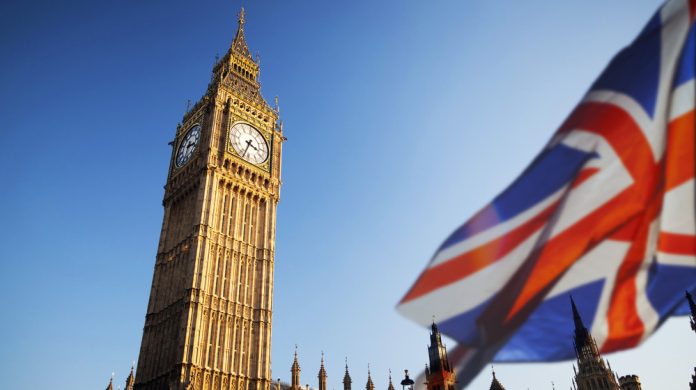The UK Gambling Commission has published the first datasets of its Gambling Survey of Great Britain, focusing on UK adults’ gambling participation and reasons for gambling.
The GSGB was initiated following consultations that took place in 2020 and 2021, with the Commission launching the project to change how “adult gambling participation and problem gambling prevalence” data is collected.
Yesterday, the GSGB’s ‘wave one’ datasets were revealed, looking at gambling participation with a focus on gambling activities that adults participate in and their reasons for gambling.
Research Director Ben Haden explained: “The GSGB provides a consistent and frequent way of collecting data among adults in Great Britain and will provide regular data outputs to help us understand changes in gambling behaviour among the population and among subpopulation groups.”
Using 4,800 respondents aged 18 and over to collect data from July to November 2023, the first datasets found that 48 per cent of surveyed adults had gambled in the last four weeks. However, when excluding the lottery, this figure stands at 27 per cent.
The GSGB also found that gambling participation is highest for males aged 45 to 54, with a participation rate of 52 per cent, yet removing the lottery again shifts the age profile downwards.
When excluding the lottery, males aged 18-44 had the highest gambling participation rates at an average of 41 per cent.
Overall, the online gambling participation rate for UK adults over the last four weeks is 38 per cent, although data reveals that participation drops to 16 per cent when removing the lottery segment.
Excluding lottery, online gambling carries the highest prevalence among males aged 25-34 (31 per cent), while the age range of 18-24 shows an online gambling participation rate of 26 per cent.
Looking at retail gambling, participation rate in the last four weeks stood at 29 per cent, but this is offset by lottery once again as without lottery, the rate stands at 18 per cent.
Moving forward, the Gambling Commission will release GSGB data on a quarterly basis of around 5,000 responses each time, and an annual report will combine yearly data for a comprehensive overview, including the impact of gambling on individuals.
Haden added: “Today we have launched the first wave of data from the new GSGB. After several years in development, we are delighted we have reached this point as we strive for better evidence to inform better decisions which will lead to better regulation.”
“It has been a significant investment for the Gambling Commission – money, people, and time – and I would like to thank the team who have put so much into it over this considerable time to bring it to this point.”












